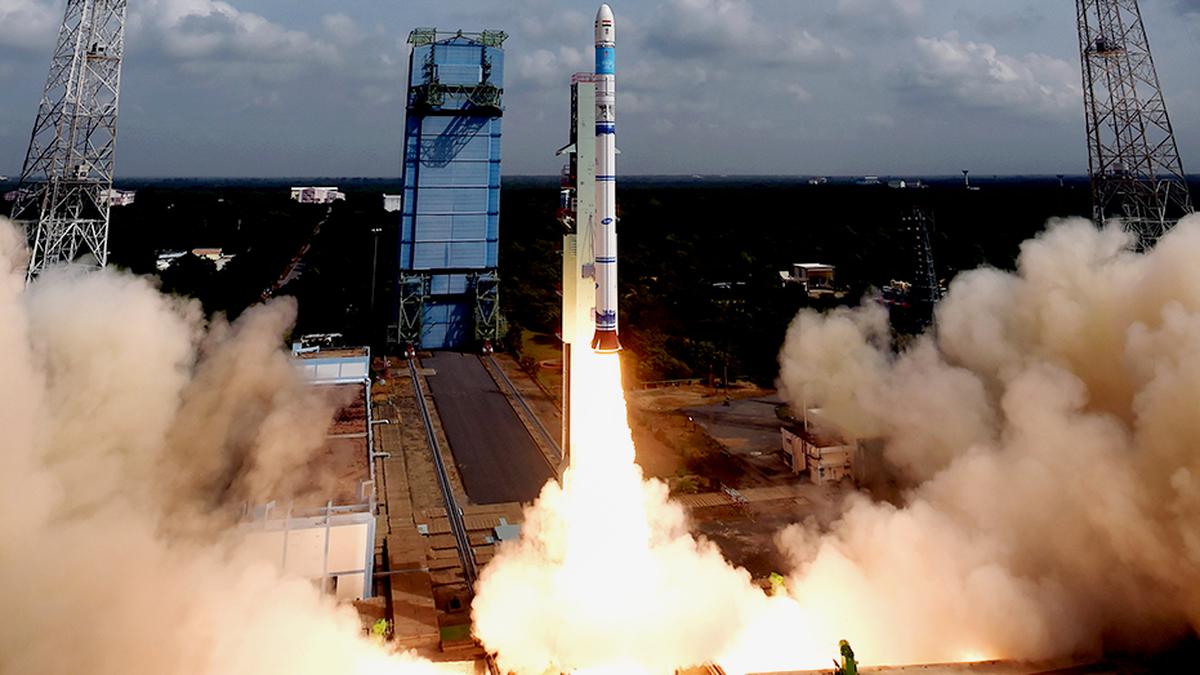- Courses
- GS Full Course 1 Year
- GS Full Course 2 Year
- GS Full Course 3 Year
- GS Full Course Till Selection
- Answer Alpha: Mains 2025 Mentorship
- MEP (Mains Enrichment Programme) Data, Facts
- Essay Target – 150+ Marks
- Online Program
- GS Recorded Course
- Polity
- Geography
- Economy
- Ancient, Medieval and Art & Culture AMAC
- Modern India, Post Independence & World History
- Environment
- Governance
- Science & Technology
- International Relations and Internal Security
- Disaster Management
- Ethics
- NCERT Current Affairs
- Indian Society and Social Issue
- NCERT- Science and Technology
- NCERT - Geography
- NCERT - Ancient History
- NCERT- World History
- NCERT Modern History
- CSAT
- 5 LAYERED ARJUNA Mentorship
- Public Administration Optional
- ABOUT US
- OUR TOPPERS
- TEST SERIES
- FREE STUDY MATERIAL
- VIDEOS
- CONTACT US
India-Thailand Sign Strategic Partnership Declaration
India-Thailand Sign Strategic Partnership Declaration
07-04-2025

- India and Thailand have recently signed a Joint Declaration aimed at establishing a Strategic Partnership between the two nations.
- While not overly formal, this partnership is rooted in shared objectives, particularly in the areas of security, trade, economy, and technology.
Significance of the India-Thailand Strategic Partnership
- Shared Interests: Both nations are committed to a free, open, transparent, and rules-based Indo-Pacific. They also emphasize ASEAN centrality, which highlights ASEAN’s role as a driving force in the region's geopolitics and geo-economics.
- Strategic Location: Thailand, as India’s maritime neighbor, plays a crucial role in maintaining regional peace.
- Complementary Policies: India’s "Act East" policy and Thailand’s "Act West" policy align well, supporting stronger regional cooperation.
- Regional Groupings: Thailand is a vital partner for India in several regional and sub-regional groupings, including ASEAN and the Bay of Bengal Initiative for Multi-Sectoral Technical and Economic Cooperation (BIMSTEC).
Key Agreements Signed
- Memorandums of Understanding (MoUs): Several agreements were signed covering various areas of cooperation, such as the development of the National Maritime Heritage Complex (NMHC) at Lothal and the development of the North Eastern Region.
- People-to-People Ties: A new India-Thailand Consular Dialogue will be established to enhance diplomatic and cultural exchanges.
- Trade Facilitation: Both countries are exploring mechanisms to enable local currency-based trade settlements.
Overview of India-Thailand Relations
- Diplomatic Relations: India and Thailand have maintained diplomatic ties since 1947.
- Economic Ties: Bilateral trade between the two nations reached approximately USD 15 billion in 2023-24.
- Defense Cooperation: Both countries engage in joint defense activities, including exercises like Exercise Maitree and INDO-THAI CORPAT (Coordinated Patrol).
|
Also Read |
|
| FREE NIOS Books | |




